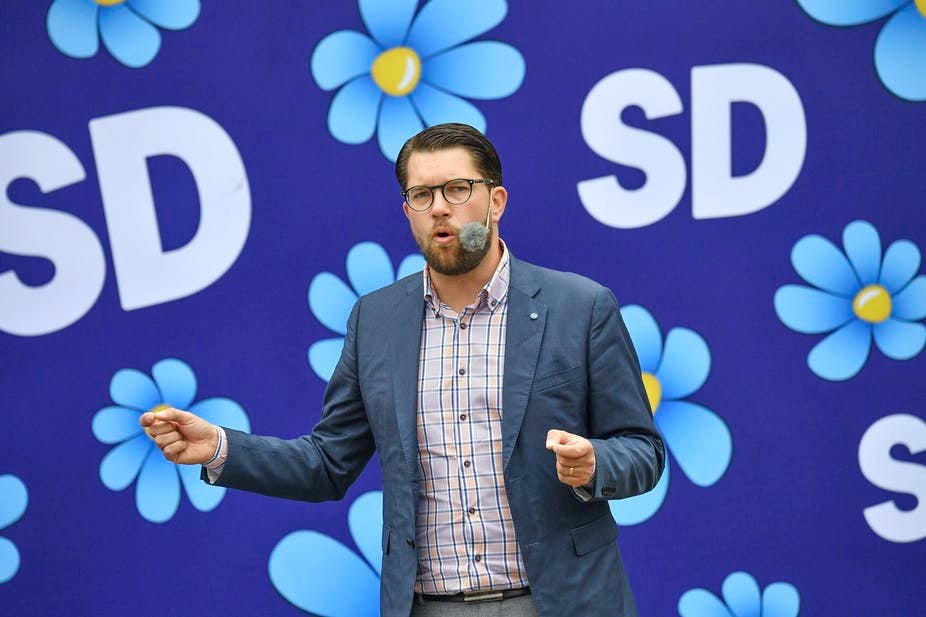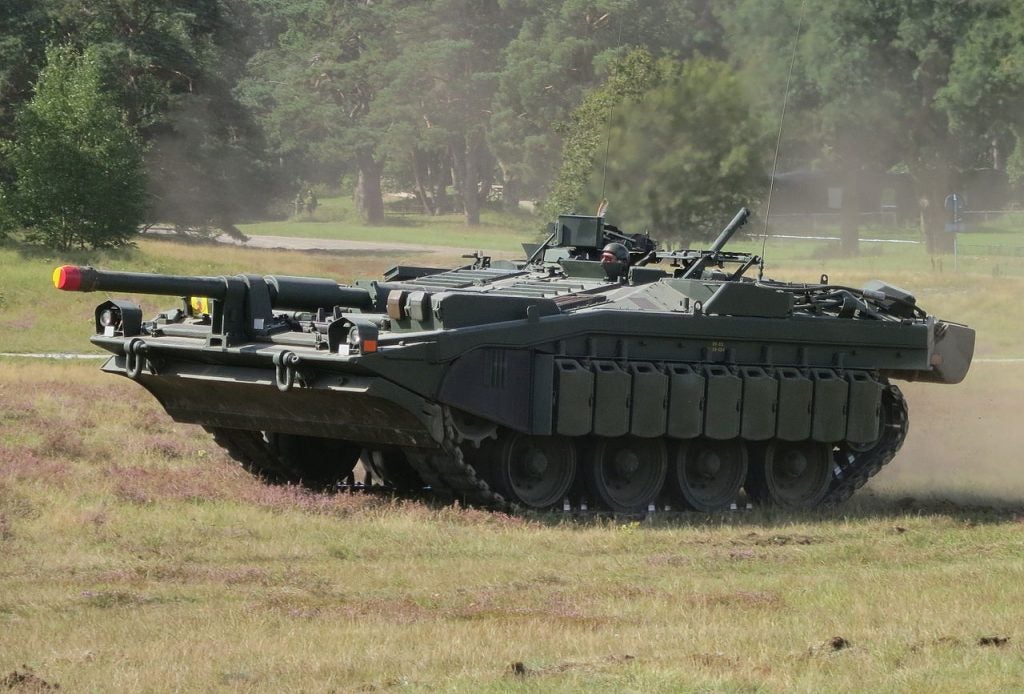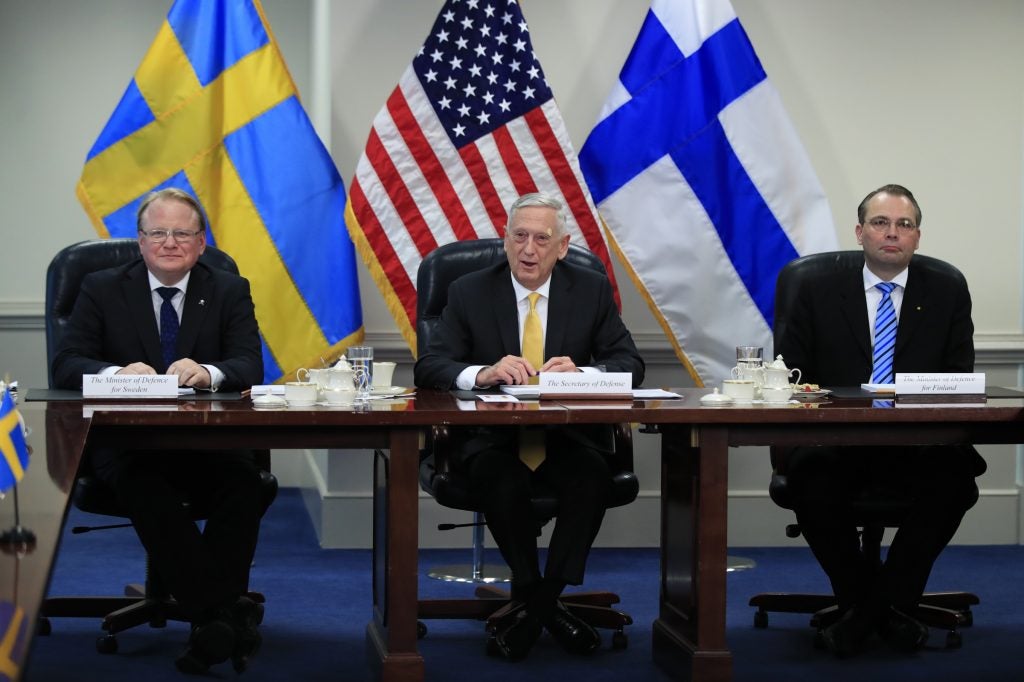Majority for NATO Option in Swedish Parliament
With a recent shift in positions by the Sweden Democrats, a populist right-wing party in Sweden, the NATO option has for the first time become a majority position within the Swedish parliament. As the party had long advocated for a military alliance with Finland, Finland’s 2019 decision to support their own version of a NATO option was the primary motivator for the switch. The minority ruling coalition, comprised of Greens and Social Democrats, continues to oppose the motion.

The so-called ‘NATO option’ is not a call for immediate NATO membership but rather a position that makes application for membership a possible policy option should future security developments make it necessary. Polling indicates that membership is also becoming increasingly popular among the public and that supporters already outnumber opponents.
While the immediate period following the end of World War II saw Sweden considering membership in a “Scandinavian defense union”, the past decades of Swedish defense policy can be best characterized as “armed neutrality”. Sweden perused its own nuclear weapons program (abandoned in 1968), developed its own platforms such as the Stridsvagn 103 and with the exception of the period between 2010 and 2017, maintains a conscription system. Nevertheless, in reality, the country has in practice been working closely with international partners for many years. With the Soviet Union being the primary threat, Swedish defense planners secretly assumed NATO would intervene on their behalf should an invasion happen.

It is clear that Russia has inherited the USSR’s status as the primary threat to Sweden. In 2009, the country ended its 200-year-long neutrality by signing a number of bilateral defensive pacts with nearby states. While officially continuing to claim a “non-aligned” stance, the country now works closely with NATO and European partners in defense and has even made contributions to foreign-led interventions such as that in the Sahel. Furthermore.

